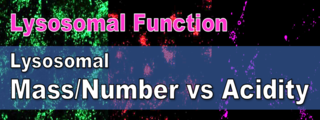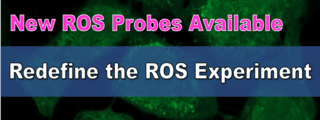|
This article focusing on how both drug-induced and lipopolysaccharide (LPS)-induced mitochondrial stress in macrophages triggers a stress response called mitohormesis. Mitohormesis serves as a negative feedback mechanism to restrain inflammation. These findings have the potential to contribute to the development of novel strategies for counteracting acute and chronic inflammation by leveraging the Mitochondria-ROS stress response. |
|
Mitohormesis reprogrammes macrophage metabolism to enforce tolerance Click here for the original article: Greg A. Timblin, et. al., nature metabolism (2021) Point of Interest
|
| Related Techniques |
|
|
|
|
|
|















